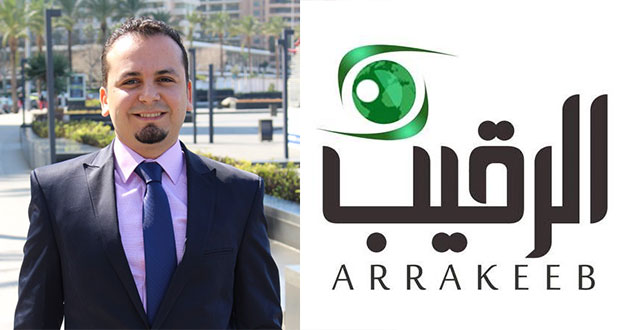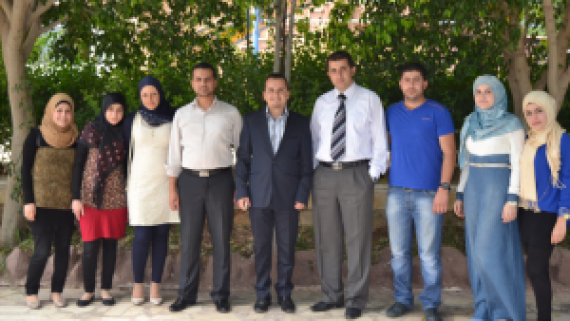We know, in all societies, that tax comes in form of services that belong to the society and all its citizens. But, in Lebanon, you always pay the tax of the happiness of others.
Yes, it is the truth. For example, today you are in process of paying a tax for the convenience of 5.5% of Lebanese citizens, a percentage that represents the beneficiaries of the approval of the series ranks and salaries. That decision has come down on the Lebanese street as lightning, and no one can reduce the amount of casualties that will be inflicted on the vast majority of people.
Apart from adding a new resolution to the Lebanese economy, it is not only hindering its progress but also it bringings it back. It seems that each stick in this wheel functions, as if the public debt and its benefits, which amounts to 7% of its value, requires a ratio of profits above the 11% to cover the deficit, is not enough, or if the situation that has been emerging for years in the region, as if what happens It happened in Syria is not enough.
It is no secret that the Lebanon needs funds to meet the deficit resulting from the shrinking of revenues and the increase in expenditure, making it issuing $ 2 billion, which is a precedent by the state of this size and in these sensitive circumstances. It is necessary to recognize that the approval of the series in this way is a real disaster for the society. Some of its future repercussions will lead credit rating agencies to reduce the rating and thus raise interest rates to ratios that will increase public debt. Lebanon will lose its competitiveness with other countries.
The increase in wages will increase unemployment in the private sector, and will lead to an increased foreign labor, which is likely to lead to a revolution, not to mention inflation as a result of increased demand for goods imported.
It is a sensitive stage, which deserves to sit and think for a few months as collaborators in the economic and concerned companies, and to come up with solutions based on studies that take into account the state of society … We publicly avoid such decisions without actual study.
 العربية
العربية English
English








